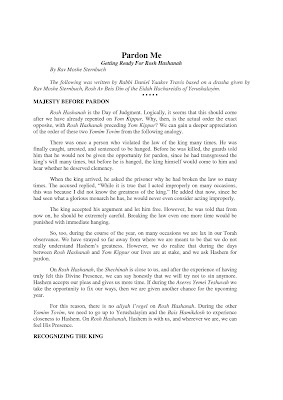There is a story about Bertrand Russell giving a public lecture somewhere or other, defending his atheism. A furious woman stood up at the end of the lecture and asked: “And Lord Russell, what will you say when you stand in front of the throne of God on judgment day?” Russell replied: “I will say: ‘I’m terribly sorry, but you didn’t give us enough evidence.’ ”
This is a very natural way for atheists to react to religious claims: to ask for evidence, and reject these claims in the absence of it. Many of the several hundred comments that followed two earlier Stone posts “Philosophy and Faith” and “On Dawkins’s Atheism: A Response,” both by Gary Gutting, took this stance. Certainly this is the way that today’s “new atheists” tend to approach religion. According to their view, religions — by this they mean basically Christianity, Judaism and Islam and I will follow them in this — are largely in the business of making claims about the universe that are a bit like scientific hypotheses. In other words, they are claims — like the claim that God created the world — that are supported by evidence, that are proved by arguments and tested against our experience of the world. And against the evidence, these hypotheses do not seem to fare well.
But is this the right way to think about religion? Here I want to suggest that it is not, and to try and locate what seem to me some significant differences between science and religion.[...]




